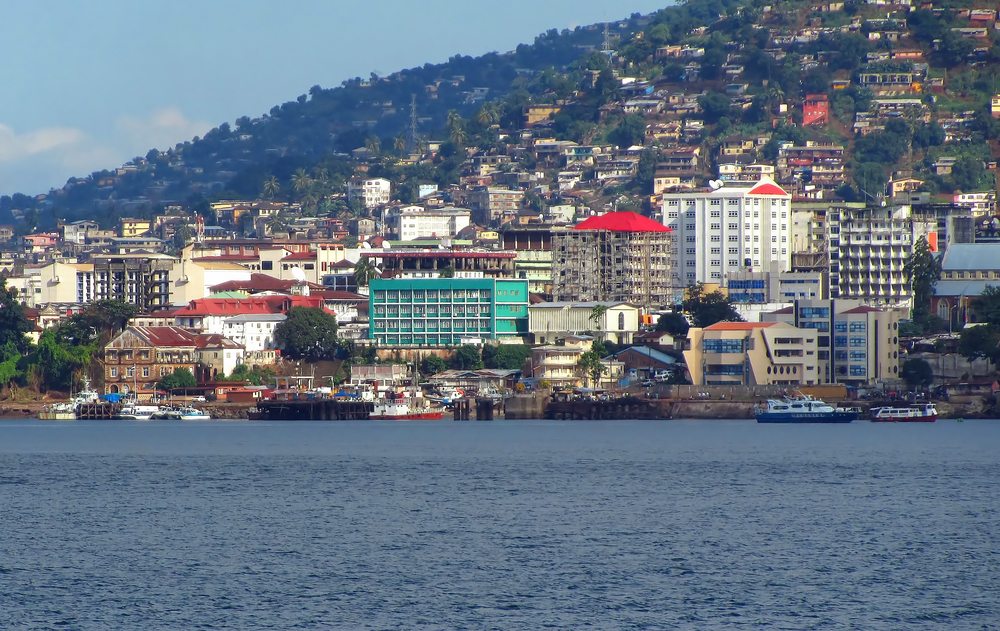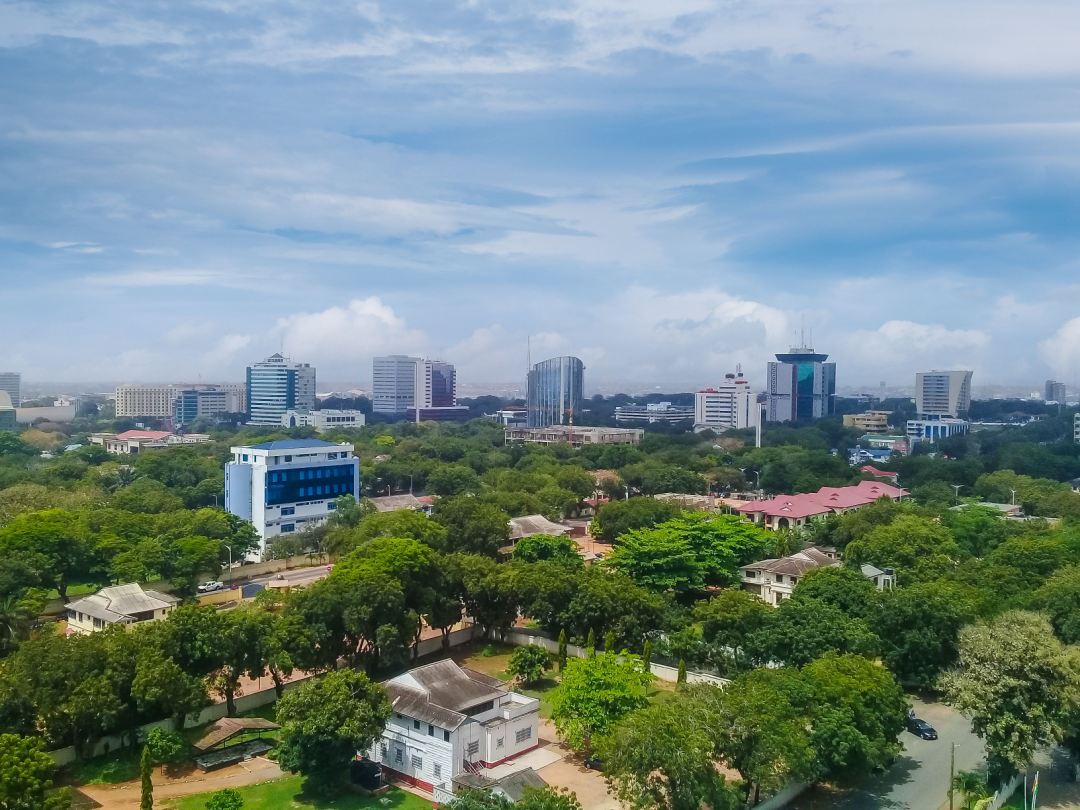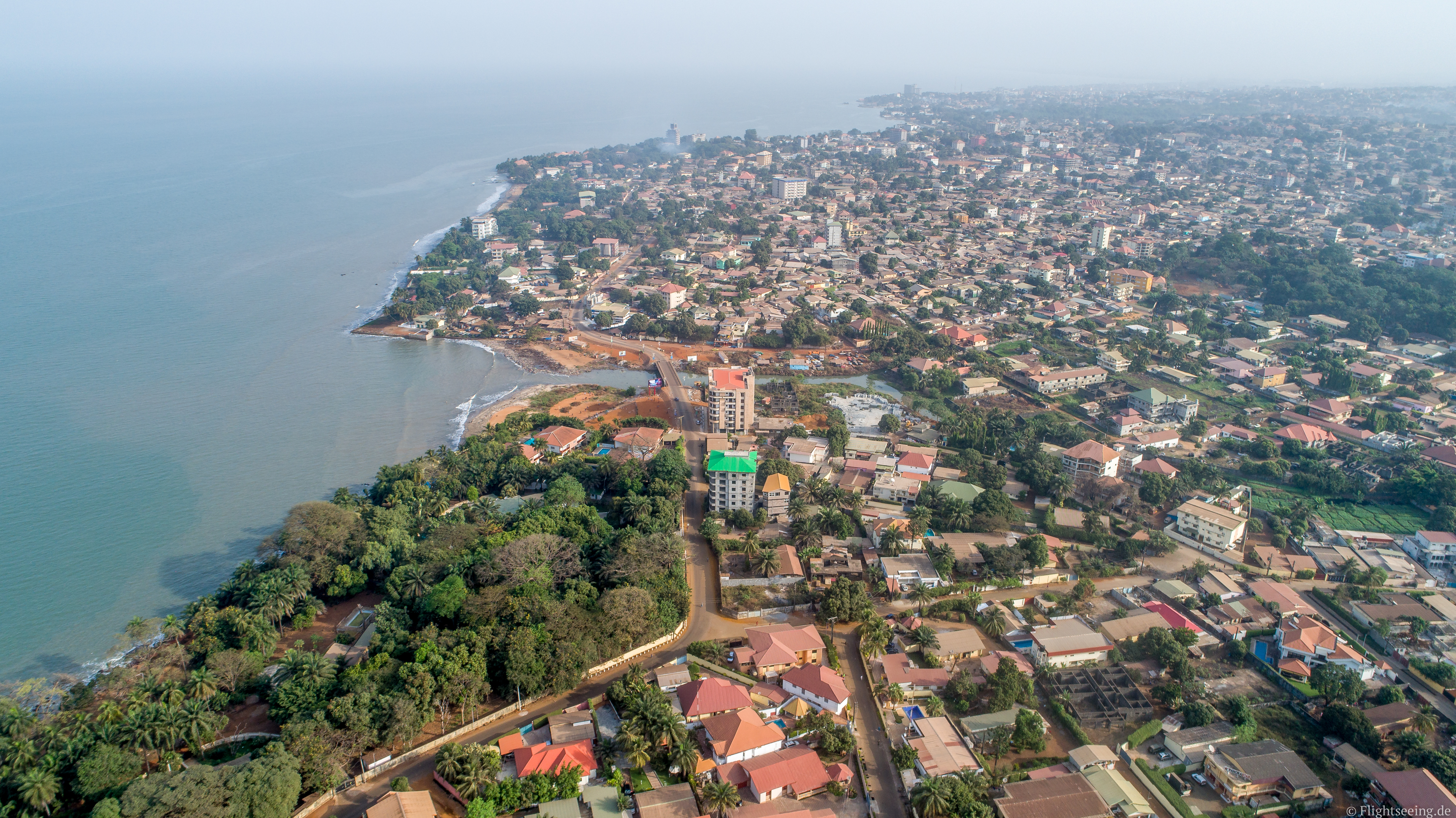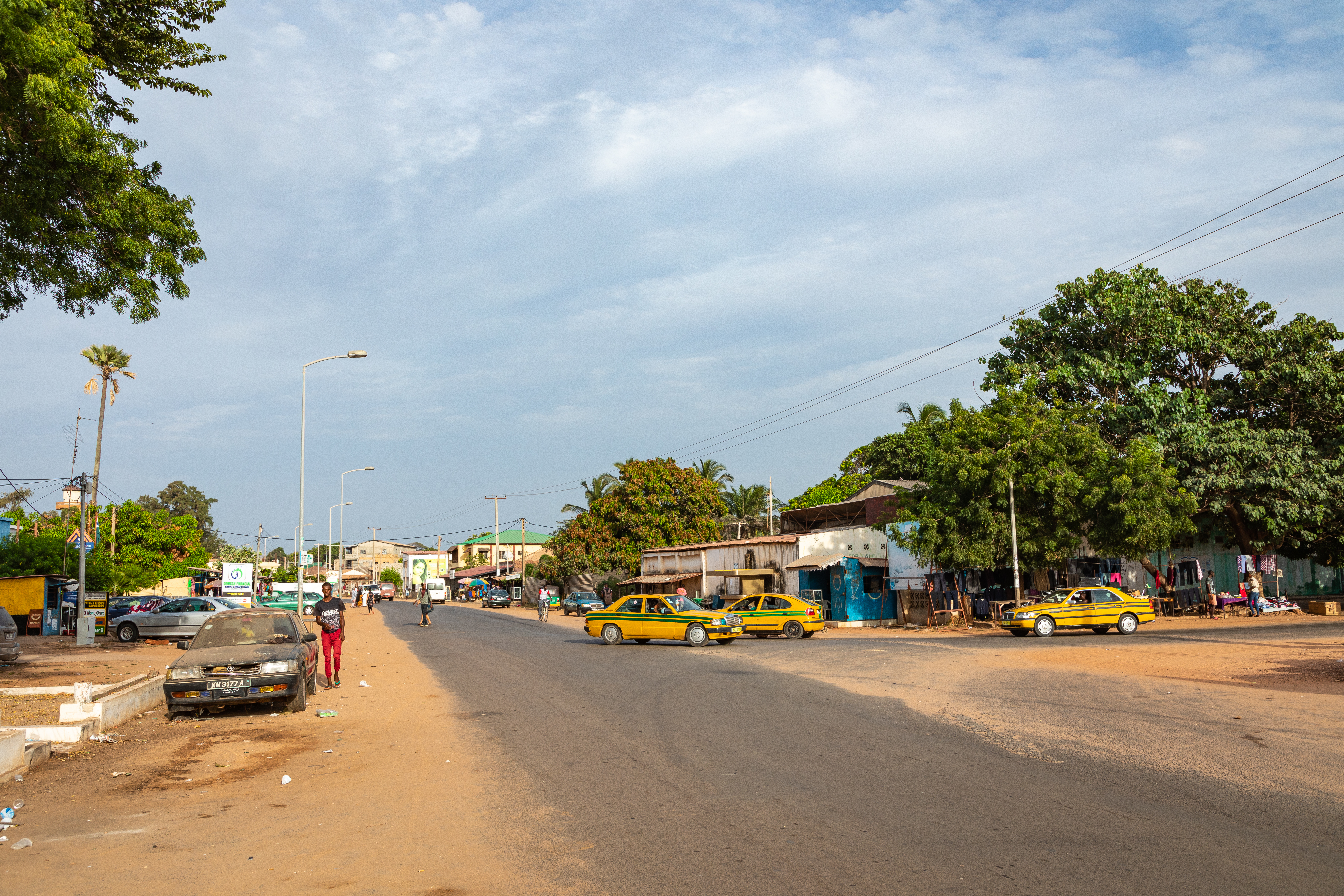
Freetown WASH and Aquatic Environment Revamping Program
Freetown WASH and Aquatic Environment Revamping Program
3 November, 2022Context
Water and sanitation coverage in Sierra Leone is estimated at 58% and 13% respectively of the country’s 7 million inhabitants. Urban water supply coverage is estimated at 74% and urban sanitation coverage at 23%. The densely populated capital city, Freetown, is part of the urban WASH sub-sector. The poor water and sanitation services in the city exacerbate the negative effects of the dense settlement. Women and children bear the overwhelming burden of collecting water in water-starved communities in the city.
The city has less than 4 km of sewers, which discharge directly into the seas without any form of treatment. The poor water and situation is further aggravated by the intense encroachment into and widespread degradation of the Western Area Protected Forest, which forms the watershed and the only water lifeline for the capital city.
The Bank has been actively engaged in the water sector in Sierra Leone for over a decade and has accumulated significant experience in the environment.
Objectives
The overall objective of the Freetown WASH and Aquatic Environment Revamping Program is to improve water supply and sanitation services while ensuring the sustainability of the vital aquatic ecosystem in the Western Area/Freetown.
Specific actions/objectives are:
- Water Supply Infrastructure Improvement
- Integrated Infrastructure Improvement
- Capacity for IWRM and Livelihood Improvement
- Project Management
The project aims to achieve a 15% increase in access to safe water supply and a 7% increase in access to improved sanitation in Freetown.
AAAP added value
- GCA specialised technical expertise in the area of climate resilient water resource management, catchment protection, and NBS.
- GCA to prepare a detailed term sheet and financial model how the financial structure is financially viable (risk return) in order to achieve the proposal’s objectives, determining the level of concessionally, and demonstrating the coherence between the selected financial instruments, proposed activities and overall project financial structure.
Expected Outcomes
- Rehabilitated and expanded water treatment, transmission, storage and distribution systems.
- Improved solid and liquid waste collection, treatment and disposal services.
- Established infrastructure and enhanced capacity for the effective protection of the Western Area Protected Forest/Watershed.
- Promotion good sanitation, hygiene and child nutrition practices of the primary beneficiaries while facilitating their gainful participation in the improvement of WASH services.
Expected impacts
- The project will directly benefit an estimated 1,400,000 people (51% women) benefitted through access to safe water, including new access for 1,000,000 people and restoration of a regular daily water service for 400,000 people.
- Over 2,700 jobs created.
- The Freetown peninsular watershed restored, and impact of the extreme climate events to living conditions reduced.



